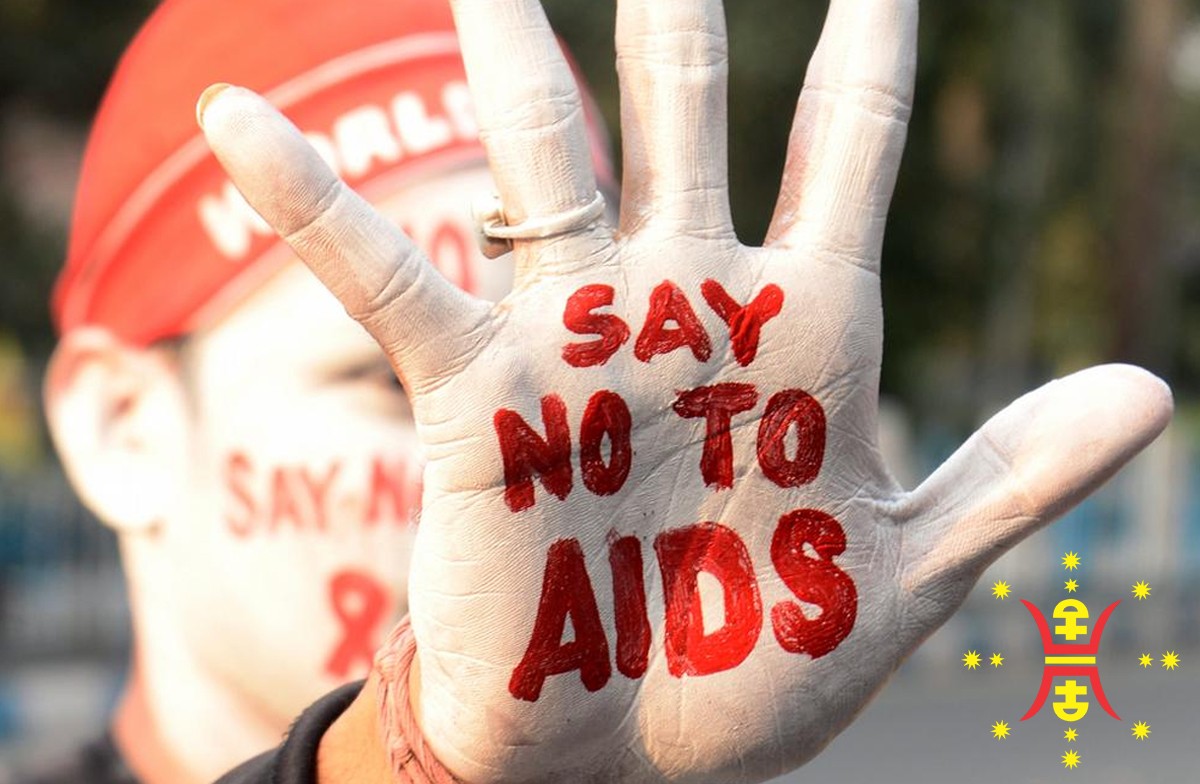A Comprehensive Guide to AIDS in Traditional Chinese Medicine: Causes, Symptoms, and Holistic Approaches
In Traditional Chinese Medicine (TCM), AIDS (Acquired Immunodeficiency Syndrome) is often viewed through the lens of an imbalance in the body's vital energy or Qi. TCM practitioners consider various factors, including causes, symptoms, syndrome differentiation, diagnosis, treatment approaches, dietary recommendations, and precautions. It's important to note that TCM is a complementary approach and should not replace conventional medical treatments. Here's an overview:
- Causes in TCM:
- Qi and Blood Deficiency: TCM believes that a deficiency in Qi (vital energy) and Blood can lead to a weakened immune system. Prolonged emotional stress, poor diet, and lifestyle choices may contribute to this deficiency.
- Invasion of Pathogens: TCM recognizes external pathogens (Wind, Dampness, Heat) that can invade the body and disrupt the balance of Qi and Blood, potentially leading to immune deficiency.
- Symptoms:
- Wei Qi Deficiency: Wei Qi is the protective energy that defends the body against external pathogens. AIDS patients may exhibit symptoms of Wei Qi deficiency, such as recurrent infections, low energy, and a weakened constitution.
- Yin Deficiency: Chronic conditions like AIDS may lead to Yin deficiency, causing symptoms like night sweats, dry mouth, and a feeling of internal heat.
- Spleen Qi Deficiency: This may result in digestive issues, fatigue, and poor nutrient absorption.
- Syndrome Differentiation:
- Spleen Qi Deficiency Syndrome: Symptoms may include fatigue, loose stools, and a weakened immune system.
- Kidney Yin Deficiency Syndrome: Manifestations may include night sweats, heat sensations, and a feeling of emptiness.
- Blood Stasis Syndrome: In some cases, impaired blood circulation can lead to stagnation and contribute to symptoms.
- Diagnosis:
- Pulse Diagnosis: TCM practitioners assess the pulse to identify qualities such as strength, speed, and depth, providing insights into the state of Qi and Blood.
- Tongue Diagnosis: The tongue's color, coating, and moisture are examined to determine the overall condition of the body.
- Observation of Shen (Spirit): TCM considers the patient's mental and emotional state as an indicator of their overall health.
- Treatment Approaches:
- Herbal Formulas: TCM practitioners may prescribe herbal formulas tailored to the individual's syndrome differentiation. For example, formulas containing herbs like Astragalus (Huang Qi) and Ginseng (Ren Shen) may be used to tonify Qi.
- Acupuncture: Acupuncture points aimed at strengthening the immune system and addressing specific symptoms may be targeted.
- Dietary Therapy: Nutrient-dense foods, herbs, and teas may be recommended to support Qi, nourish Yin, and address specific imbalances.
- Dietary Helps:
- Qi-Tonifying Foods: Examples include chicken, sweet potatoes, and ginger.
- Yin-Nourishing Foods: Foods such as seaweed, tofu, and honey may be advised.
- Blood-Nourishing Foods: Dark leafy greens, beets, and lean meats are considered beneficial.
- Cautions:
- Integration with Conventional Treatment: TCM is considered a complementary approach, and patients should continue to follow the advice of their primary healthcare provider regarding antiretroviral therapy and other conventional treatments.
- Monitoring Progress: Regular monitoring of symptoms and communication with both TCM and Western healthcare professionals is essential for a comprehensive and coordinated approach.
- Precautions:
- Lifestyle Recommendations: TCM practitioners may suggest lifestyle modifications, stress reduction techniques (such as Tai Chi or Qigong), and appropriate exercises to support overall well-being.
- Consistency in Treatment: Consistency in TCM treatments, including herbal remedies and acupuncture sessions, is emphasized for optimal results.
Individualized care is crucial in TCM, and patients are encouraged to communicate openly with their TCM practitioner to ensure the most effective and personalized treatment plan. Always consult with healthcare professionals from both TCM and Western medicine to address the complexity of AIDS comprehensively.
In Person With Heshoutang Natural Health Members
With Heshoutang Natural Health Online Members
Fill Out the Questionnaire by yourself
When you subscribe to the blog, we will send you an e-mail when there are new updates on the site so you wouldn't miss them.














Comments